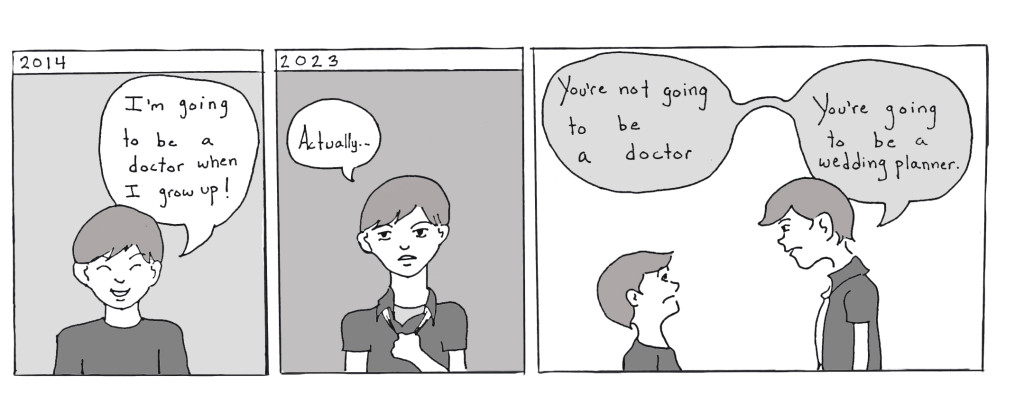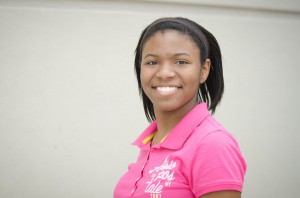It starts in 8th grade – the dreaded registration packet. We stare uncomfortably at the seemingly harmless chart on which we plan our high school career. We choose our specific classes, counting credits we don’t even see until we’re 18.
As soon as college begins, the advice flows in. If you want to be a lawyer, find a high-profile internship. You want to go into medicine? Look for a research position. Actress? You should have gotten that lead role yesteryear.
As the path to a steady job and fulfilling life becomes more and more convoluted, students lock themselves into the path allegedly destined for success. However, while these young adults may seek out a concrete road to happiness, they don’t realize that, like most things in life, plans change.
According to the National Center for Education Statistics, about 80% of college students change their major at least once, and, on average, they switch majors two or three times. More often than not, they find that the area they were studying was not their true interest and decide to pursue their passion instead.
One reason students may be so hard-pressed to lock themselves into a profession is because most high-income jobs require impressive resumes and years of education. However, they often realize that certain careers may be more suited to their goals than the ones they originally intended.
“I seriously thought that it was going to be 4 years of undergrad followed by law school and then a lucrative corporate practice,” said Michael Vigars, Forensics coach and AP Government teacher.
However, after working in a county office interacting with lawyers on a regular basis, he felt that the lifestyle wouldn’t be as quite as fulfilling as he initially thought.
“The thought of committing three years and investing a tremendous amount of money for a career that might not be rewarding didn’t seem appealing,” he said.
Vigars, like many, found his true passion in another albeit similar field.
“I was spending time during my breaks working with my alma mater’s debate team, and I found that very joyful and fulfilling… It’s rewarding to see my students pursue their hopes and dreams for future success. I feel like the same sort of things that would have given me success in the legal field though not necessarily satisfaction, are able to bring me both in teaching,” he said.
Often times, young adults planning for one job find similar qualities within another more fulfilling profession, and they switch majors as a result. Economics teacher Kelly Aull began college with the intention of taking pre-med courses and moving onto medical school afterwards. However, after discovering that she enjoyed her social science classes more, she switched.
“The things that I loved about medicine are also the things I love about teaching,” Aull said. “It’s the problem solving and the helping people.”
While planning out and pursuing a career is a necessary and inevitable part of life, micromanaging the future only causes unwanted stress. By mapping out every small detail on the road to success, each time the potential job changes, a wrench is thrown in the plans, and one has to regroup and reorganize.
“Life has a lot of surprises and many detours along the way,” said English teacher Sue Speicher, who stumbled into teaching after her musical career was put to an end. “Hardly anything turns out exactly the way you planned. But everything seems to sort itself out if you let yourself be flexible.”
Instead of charting out career goals, explore and pursue areas of interest that have potential to turn into an occupation.
“Whether you do or don’t know what you want to do out of high school, don’t think that you have to have it all figured out,” Aull said. “When you get to college, see what’s available, do what you like, and figure it out from there.”
Getting involved in activities around campus also provides students with an environment free from the pressure of lost time, grades, and credits to figure out what exactly they want to do.
“One of the things I did during the ‘do I want to teach’ thing was I volunteered in a SAT tutoring class at the community center,” Vigars said.
Chances are, by getting involved, you can eliminate what you don’t like and find what you love.
Most importantly, don’t settle for less than your best option.
“I would advise choosing to do something you love,” Speicher said. “Otherwise, it’s really tough to get out of bed every day!”





